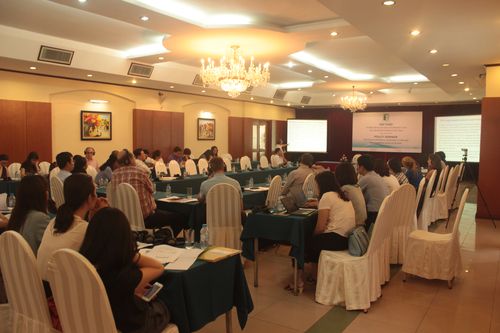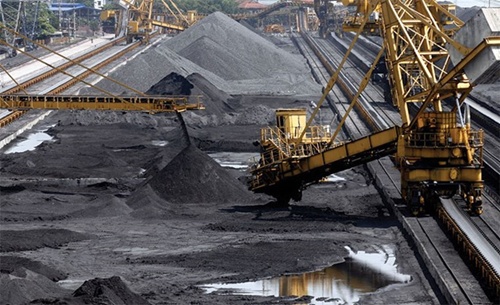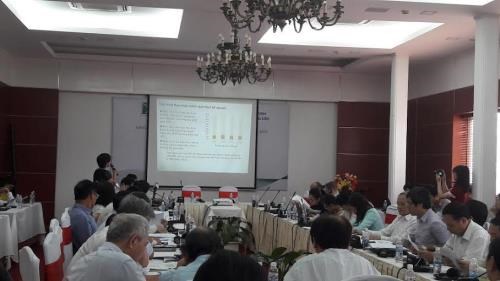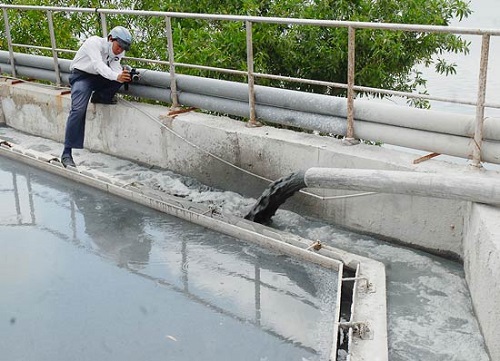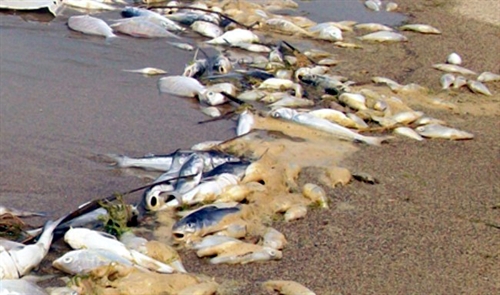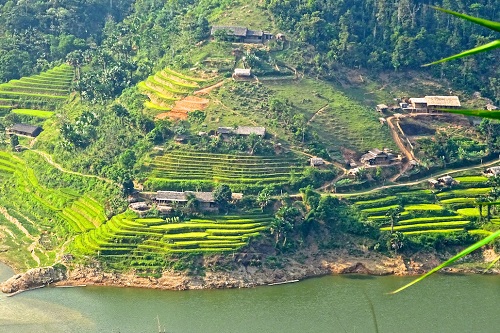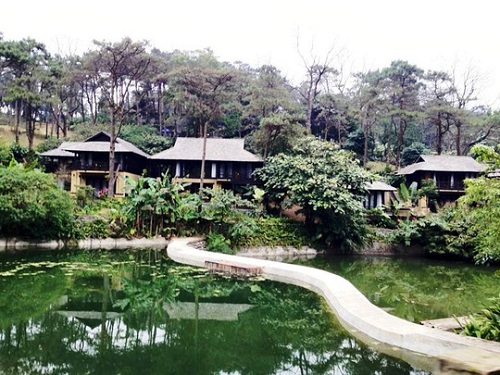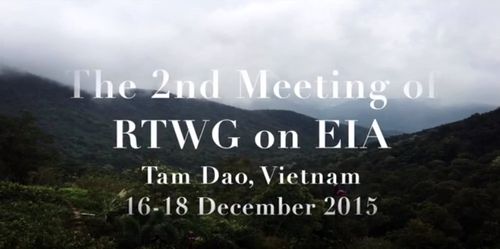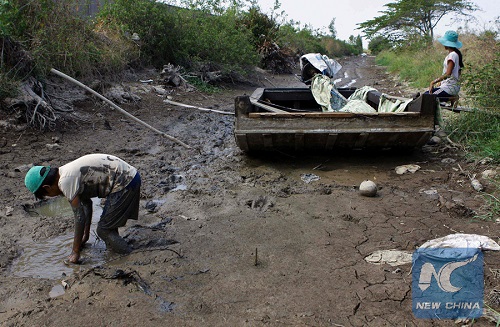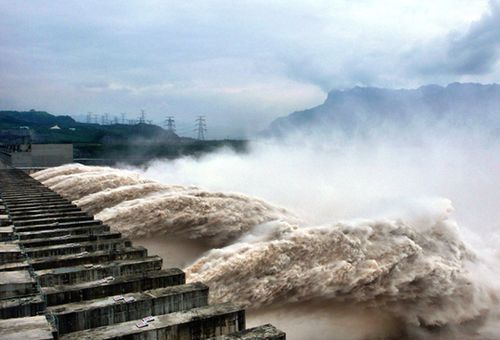Policy Seminar “Free trade agreements: Investment flows and environmental issues in Vietnam”
2016 marks 30 years since Doi Moi, the government policy that opened up Vietnam to the international community and spurred Vietnam’s integration into the global economy. As Vietnam continues to integrate economically, Vietnam is currently embarking on a new wave of integration through robust and comprehensive free trade agreements (FTAs). Vietnam has signed 14 FTAs, including the Trans-Pacific Partnership (TPP), the largest regional trade agreement in over 20 years, and the European Union-Vietnam FTA.

